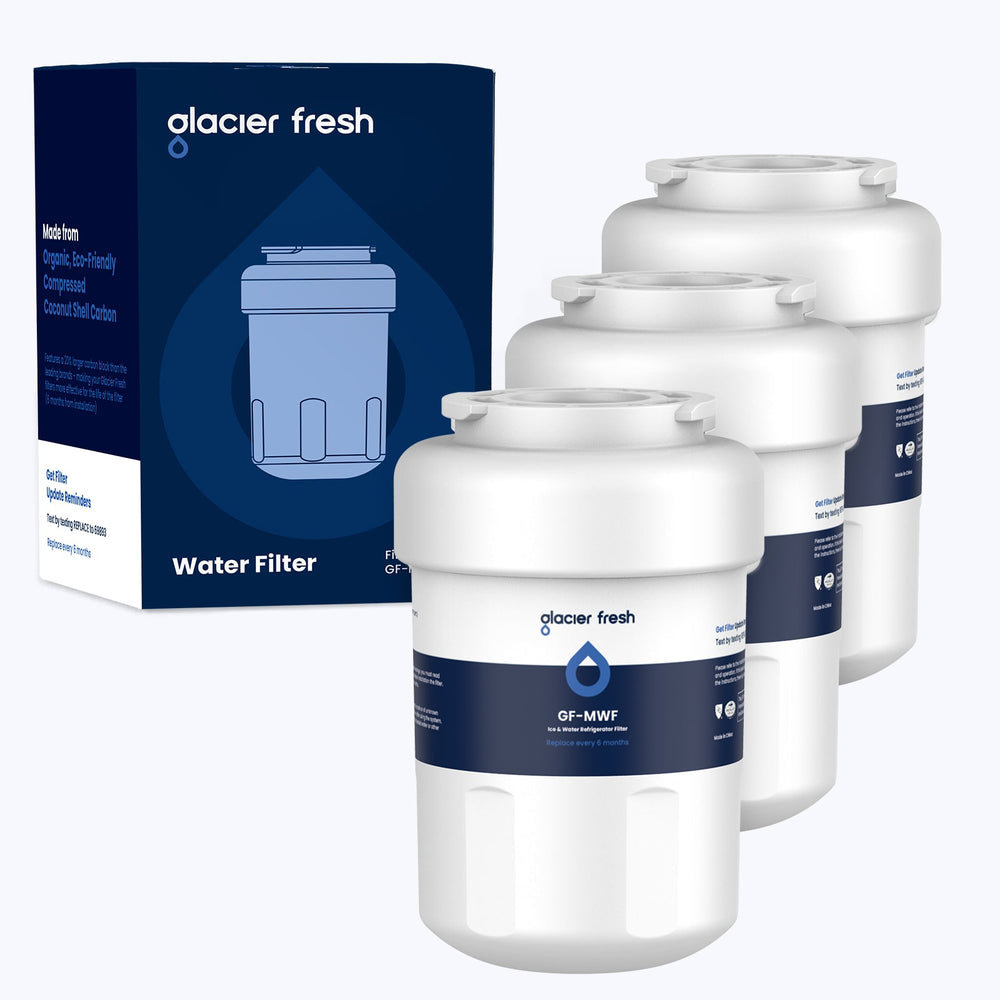The beauty industry is a realm where science and art converge to create products that enhance our appearance and well-being. One fascinating aspect of this industry is the science of neutralizing scents and tastes. This process is crucial for developing products that are not only effective but also pleasant to use. In this blog post, we will delve into the intricacies of neutralizing scents and tastes in the beauty industry, exploring the science behind it and its practical applications.

The Importance of Neutralizing Scents and Tastes
Neutralizing scents and tastes is essential for creating beauty products that appeal to consumers. Imagine using a skincare product that has an overpowering odor or a lip balm with an unpleasant taste. Such experiences can deter customers from using the product, regardless of its efficacy. Therefore, the ability to neutralize unwanted scents and tastes is a critical aspect of product formulation in the beauty industry.
Understanding the Science Behind Neutralization
The process of neutralizing scents and tastes involves a combination of chemistry and sensory science. At its core, it is about balancing the chemical compounds that contribute to a product's smell and taste. This can be achieved through various methods, including the use of masking agents, encapsulation, and chemical reactions.
Masking agents are substances that can cover up or alter the perception of unwanted scents and tastes. For example, certain essential oils can be used to mask the smell of active ingredients in skincare products. Encapsulation involves enclosing the active ingredients in a protective shell, preventing them from interacting with the senses until the product is applied. Chemical reactions can also be employed to neutralize odors by breaking down the odor-causing molecules into less volatile compounds.
Applications in Skincare and Cosmetics
In skincare, neutralizing scents is particularly important for products containing active ingredients like retinoids or sulfur, which can have strong, unpleasant odors. By using masking agents or encapsulation techniques, formulators can create products that are both effective and pleasant to use.
In cosmetics, taste neutralization is crucial for products like lip balms and lipsticks. These products come into direct contact with the mouth, and any unpleasant taste can be off-putting. Flavor masking agents, such as sweeteners or flavor enhancers, are often used to improve the taste of these products.
Innovative Techniques and Future Trends
The beauty industry is constantly evolving, and new techniques for neutralizing scents and tastes are continually being developed. One promising area of research is the use of biotechnology to create more effective and natural masking agents. For example, certain enzymes can be used to break down odor-causing compounds more efficiently.
Another exciting trend is the use of sustainable and eco-friendly ingredients for scent and taste neutralization. As consumers become more environmentally conscious, there is a growing demand for products that are not only effective but also sustainable. This has led to the exploration of natural and biodegradable masking agents derived from plants and other renewable sources.
Conclusion
Exploring the science of neutralizing scents and tastes in the beauty industry is a fascinating journey that combines chemistry, sensory science, and innovation. By understanding and mastering this process, formulators can create products that are not only effective but also enjoyable to use. As the industry continues to evolve, we can expect to see even more advanced and sustainable techniques for neutralizing scents and tastes, enhancing our beauty experiences in the process.
Whether you are a beauty enthusiast or a professional in the industry, staying informed about these scientific advancements can provide valuable insights into the products you use and develop. The future of beauty lies in the perfect balance of efficacy and sensory appeal, and the science of neutralizing scents and tastes plays a crucial role in achieving this balance.








